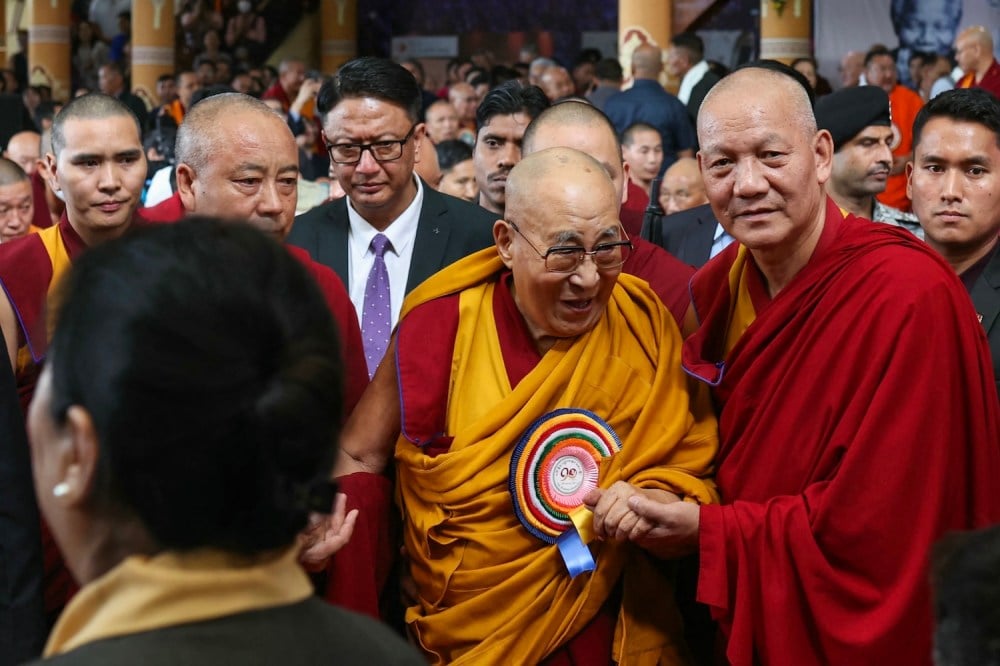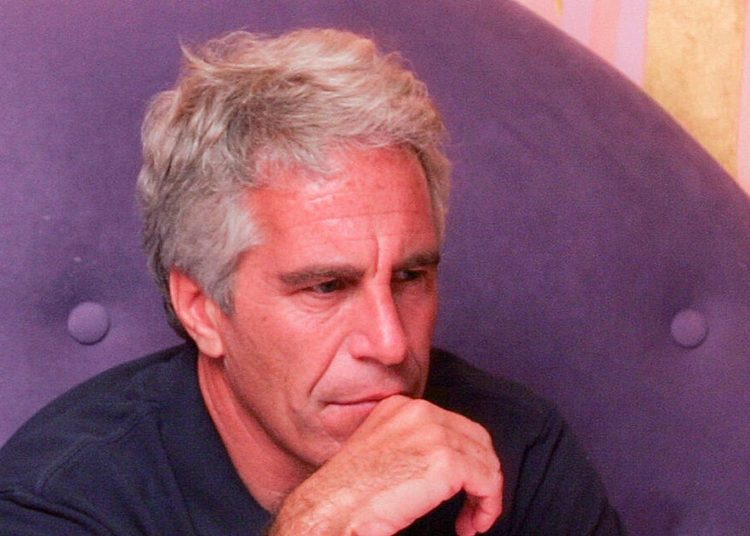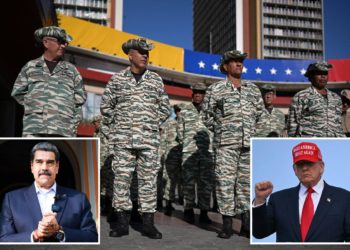Welcome to Foreign Policy’s South Asia Brief.
The highlights this week: The issue of the Dalai Lama’s succession presents a challenge for India-China ties, Bangladesh is among the first 14 countries to get hit with a tariff notification from the United States, and Russia becomes the first country to formally recognize Afghanistan’s Taliban government.
Where Does India Stand on the Dalai Lama?
Last Thursday, Kiren Rijiju, India’s minority affairs minister, weighed in on the succession process for the Dalai Lama, the spiritual leader of Tibet who has lived in exile in India since 1959 and who turned 90 on Sunday.
“The decision regarding his successor lies solely with the Dalai Lama,” Rijiju said. “Nobody else has the right to decide it except him and the conventions in place.” It’s very unusual for the Indian government to comment on such a sensitive matter. The Tibet issue is often overlooked in discussions of India-China relations, but its potential effects could be profound.
Predictably, Beijing—which regards Tibet as an integral part of China and the Dalai Lama as a separatist—didn’t take this well, calling on New Delhi to “stop using Tibet-related issues to interfere in China’s internal affairs.” The Dalai Lama, who fled Tibet after an unsuccessful revolt against Chinese forces, maintains that he advocates for “meaningful” autonomy in the region, not full independence.
The Indian External Affairs Ministry distanced itself from Rijiju’s comment, asserting that New Delhi takes no position on the issue. But India’s subsequent moves, including Prime Minister Narendra Modi wishing the Dalai Lama a happy birthday and several Indian ministers visiting the spiritual leader at his home in Dharamshala, prompted fresh warnings from China.
Beijing insists that it should choose the next Dalai Lama, and the issue now threatens to jeopardize a modest thaw in India-China relations, which were especially tense following a deadly 2020 border clash. In recent months, though, the two sides have inked a border patrolling deal and resumed direct air flights. In April, China removed a ban on Indian pilgrims visiting religious sites in Tibet.
This detente appears to have survived the India-Pakistan conflict in May, when Pakistan used Chinese-made weapons for the first time in combat operations against India. Last month, Indian National Security Advisor Ajit Doval and Defense Minister Rajnath Singh met separately with Chinese officials to discuss bilateral cooperation.
These developments aren’t too surprising, given that India and China have historically worked around points of tension and left sufficient space for cooperation. They have long maintained a robust trade partnership, worked together in multilateral forums, and drawn on shared interests from combating Islamist terrorism to supporting non-Western economic models.
However, China isn’t about to shrug off its concerns about India’s position on the fate of the next Dalai Lama. Beijing is unwilling to compromise on the issue of Tibet, which is linked to the succession. India formally recognizes Tibet as a part of China, but its support to the current Dalai Lama is ironclad. Last year, New Delhi permitted a group of visiting U.S. congresspeople to meet him at his home—a visit that Beijing condemned.
India’s official position of silence on the Dalai Lama’s succession will likely be interpreted by China as endorsement of the Dalai Lama’s insistence that he and his institutions based in Dharamshala should oversee all aspects of the process.
Former Indian Ambassador to China Nirupama Rao recently wrote that India can step back and let the succession process play out in Dharamshala—a case of “creat[ing], through silence and space, the conditions for authenticity to survive.” India would see this as a peaceful and well-intentioned approach—but China might take a sharply different view.
China is keen to capitalize on the opportunities for investment in India that could materialize from a less tense bilateral relationship, and it won’t want to undercut recent momentum.
But in a worst-case scenario, China’s unhappiness over the Dalai Lama issue could tempt Beijing to stage provocations on the disputed India-China border—delivering a big blow to bilateral ties, as after the clash in Ladakh in 2020.
What We’re Following
Bangladesh among U.S. tariff casualties. On Monday, U.S. President Donald Trump’s administration began sending out tariff notification letters to foreign governments. Bangladesh was among the first 14 to receive the bad news, which came just a week after interim leader Muhammad Yunus and U.S. Secretary of State Marco Rubio spoke by phone and discussed economic cooperation.
Bangladesh will face a 35 percent tariff once the levies snap back on Aug. 1, and it has much to lose from such a high tariff: Its economy is shaky and heavily dependent on readymade garment exports, for which the United States is a top destination. Dhaka will try to avert this risk by negotiating a deal with Washington over the next few weeks.
Still, those garment exports could become more vulnerable because Vietnam, one of the few countries to have reached a trade deal with the Trump administration so far, is a key export competitor and will face significantly lower tariffs than Bangladesh. On Wednesday, Trump issued tariff letters to seven additional countries, including Sri Lanka (30 percent).
Russia recognizes Taliban government. Last Thursday, Russia became the first government to formally recognize the Taliban regime in Afghanistan. The move shatters a global consensus, which had held since the Taliban’s return to power in 2021, around the idea that foreign governments can engage with the Taliban in ways that fall short of full recognition.
Russia may want to take a position at odds with Western democracies that have vowed not to recognize the Taliban, especially because of its draconian policies toward women’s rights. It may also seek to facilitate deeper economic ties with Afghanistan, as the war in Ukraine takes a toll on the Russian economy—and commercial cooperation is easier to pursue with formal relations.
Finally, Russia may believe that normalization can hasten counterterrorism collaborations with the Taliban. The Afghanistan-based Islamic State-Khorasan, a Taliban rival, is a major Russian security concern. The group’s attack on a Moscow concert hall last year killed 145 people.
China may follow Russia’s lead. Like Moscow, Beijing has signaled a desire to ramp up economic cooperation with the Taliban, and it hopes to bring its Belt and Road Initiative into Afghanistan; China concluded commercial deals with the Taliban soon after the group’s return to power. Beijing praised Moscow’s decision soon after it was announced.
India’s BRICS boost. Some observers may see the BRICS leaders’ summit this week in Brazil as a dud. Top leaders from China and Russia didn’t attend, Trump’s threats of tariffs against the group likely contributed to a relatively watered-down joint statement, and there wasn’t as much of a buzz as during last year’s summit, which was attended by leaders from 36 countries.
But the view of the summit from New Delhi was likely more sanguine. BRICS brings many benefits to India. Aside from China, India has warm ties with all BRICS states—including new members Egypt, Ethiopia, and the United Arab Emirates. The grouping espouses goals and principles close to India’s heart and helps advance the country’s strategic autonomy.
This year’s summit brought two additional advantages to India: The absence of the Chinese and Russian leaders empowered New Delhi to play a larger role, likely contributing to BRICS members agreeing to condemn the April terrorist attack in Indian-administered Kashmir in the summit’s joint statement.
All this said, Trump’s tariff threats against BRICS states will likely unnerve India.
Under the Radar
Nepal’s largest political party, the Nepali Congress, has occupied a critical place in the country’s politics since the abolition of the monarchy in 2008 and is currently one of the top partners in Nepal’s coalition government. But the Kathmandu Post reports that a fault line is appearing within the party linked to an emerging hot-button issue: the role of religion in the state.
Several top Nepali Congress leaders have called for Nepal, a secular nation since 2007, to become a Hindu state. At a party meeting last year, members even reportedly launched—unsuccessfully—a signature campaign calling for Nepal to shed its secular status.
In recent months, large protests have broken out in Nepal supporting the restoration of the monarchy; many demonstrators have also demanded that the country become a Hindu state. Nepal became secular not long before the abolition of the monarchy.
The reported fissures within the Nepali Congress are a reminder that debates over the country’s religious status aren’t just a reflection of street politics: They’re also playing out among the political leadership.
FP’s Most Read This Week
- What the War Changed Inside Iran by Alex Vatanka
- Israel’s War on Iran Backfired by Sina Toossi
- China Is Not Ready for Global Leadership by Jo Inge Bekkevold
Regional Voices
In the Express Tribune, social entrepreneur Fiza Farhan explains how Pakistani women farmers are taking steps to mitigate climate change effects, from using water-saving technologies to emphasizing drought-resistant crops. “Their ingenuity highlights a vital truth: gender-sensitive climate adaptation is not only a good idea, but a necessity for ensuring the future of Pakistan’s agriculture,” she writes.
In the Daily Star, journalist Sajjad Hossain writes that the Bangladesh Nationalist Party needs to develop a better social media strategy at a moment when the party is working hard to restore public trust: “This time, they need to protect their message from false noise. And that can only happen with preparation, speed, and smart action,” he writes.
A Hindu editorial warns of the dangers of Nipah virus after two cases were detected in the Indian state of Kerala: “What renders even a single case of significant concern to get the entire health-care machinery in a tizzy? Nipah is a transmissible viral infection with a high mortality rate, ranging between 40% and 75%, which implies that if the infection spreads, then, a number of people are likely to die.”
The post How the Dalai Lama’s Succession Could Shape India-China Ties appeared first on Foreign Policy.




